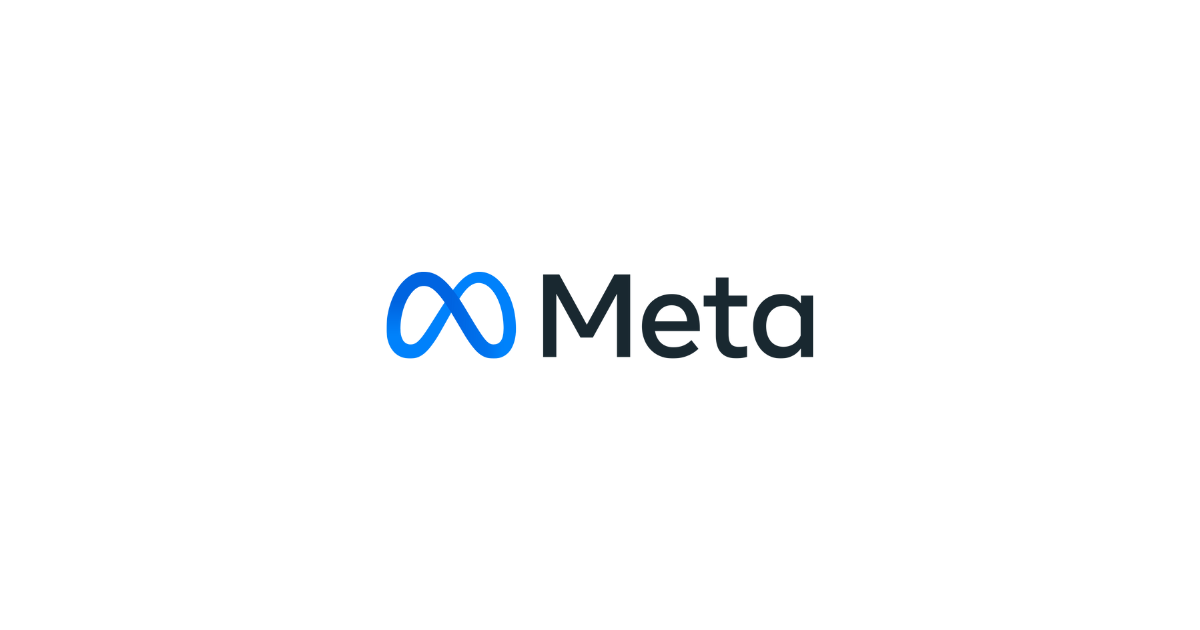Law Professors Support Authors in Copyright Case Against Meta

Meta is facing a legal challenge as a group of copyright law professors has filed an amicus brief in support of authors suing the company for allegedly using their e-books to train its Llama AI models without permission. The brief, submitted in the U.S. District Court for the Northern District of California, criticizes Meta's fair use defense, describing it as an unprecedented request for legal privileges beyond those granted to human authors.
The professors argue that using copyrighted works to train generative models is not transformative, as it does not differ significantly from using them to educate human authors. They also highlight that Meta's use is commercial, aiming to create works that compete with the original copyrighted materials. This stance is supported by other organizations, including the International Association of Scientific, Technical, and Medical Publishers and the Copyright Alliance.
The case, Kadrey v. Meta, involves authors such as Richard Kadrey, Sarah Silverman, and Ta-Nehisi Coates, who claim that Meta violated their intellectual property rights by using their e-books for AI training and removing copyright information to conceal the infringement. Despite Meta's claims of fair use and a lack of standing for the authors, U.S. District Judge Vince Chhabria has allowed the case to proceed, acknowledging the authors' allegations of copyright infringement as valid.
We hope you enjoyed this article.
Consider subscribing to one of our newsletters like AI Policy Brief or Daily AI Brief.
Also, consider following us on social media:
More from: Regulation
Subscribe to AI Policy Brief
Weekly report on AI regulations, safety standards, government policies, and compliance requirements worldwide.
Market report
2025 Generative AI in Professional Services Report
This report by Thomson Reuters explores the integration and impact of generative AI technologies, such as ChatGPT and Microsoft Copilot, within the professional services sector. It highlights the growing adoption of GenAI tools across industries like legal, tax, accounting, and government, and discusses the challenges and opportunities these technologies present. The report also examines professionals' perceptions of GenAI and the need for strategic integration to maximize its value.
Read more
.png)